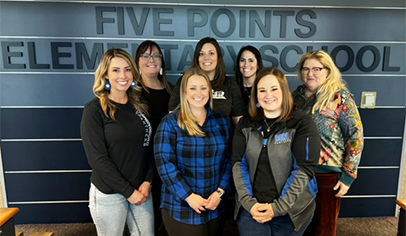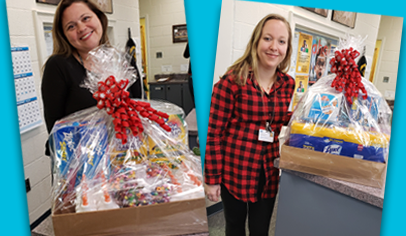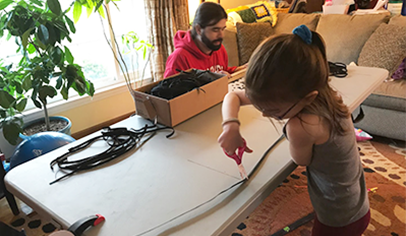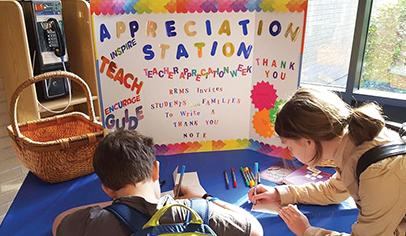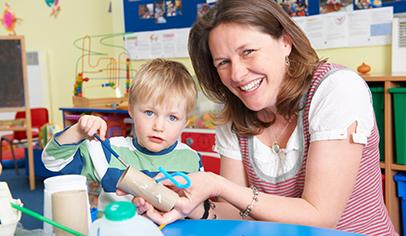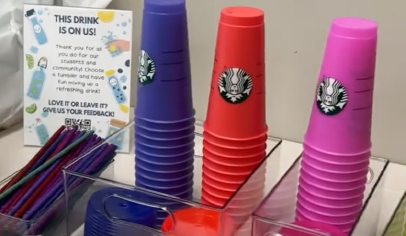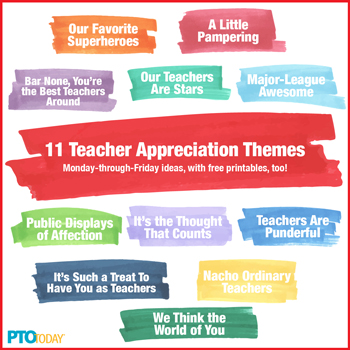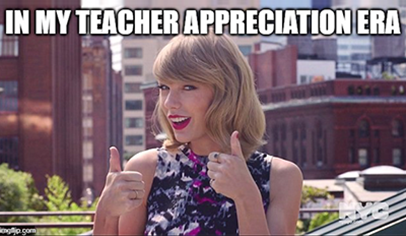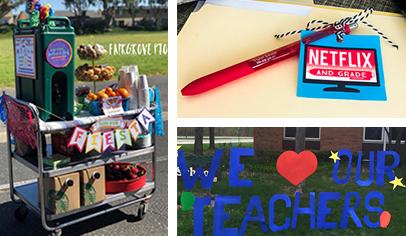It was a year ago June. School was winding down to its final weeks and time seemed to accelerate, making its passage impossible to deny. The events were building up: concerts, assemblies, field trips, classroom parties. Children sailed through them all with a certain swagger. They were taller, faster, more confident than they were in September. They were ready to move onto the next grade. Parents secretly wished their kids wouldn’t grow up so fast.
Then, for one family, time stopped.
Ryan died just days after his third birthday from a rare genetic disease that destroyed the myelin in his brain. Fifteen months earlier, Ryan’s family drove him hundreds of miles away for a stem cell transplant, which they hoped would save his life. His mom rented an apartment near the hospital but spent most of the next five months living with her little boy in a cramped hospital room. Ryan’s dad and big brother stayed behind at home, flying down for visits during school vacations or long weekends.
The ordeal drained the family emotionally and financially. Their friends, neighbors, and coworkers looked for ways to help, settling finally on a series of fundraisers to ease the mounting expenses. If a community’s good will could be converted to good health, Ryan would have been healed.
The transplant was successful, but it came too late to save Ryan’s life. Ten months after he returned home from the hospital, Ryan died. Again, the community stepped forward to help. Its search for an appropriate response was as much an attempt to comfort the family as to express its own grief. Although Ryan never had a chance to enter the school system, his brother in first grade was very much a part of the school community. The parents decided to purchase a bench and plaque for the elementary school playground and to dedicate it to Ryan’s memory. The idea was that the bench would give parents a place to sit while they kept an eye on their kids. But the true hope was that Ryan’s memory would encourage those who paused there to reflect on their good fortune, watching their own healthy children at play.
When a family is in trouble, parents and teachers react instinctively. They want to help, but sometimes they just don’t know how. PTOs do know how to help. They have systems in place and creative, talented people in charge, making them uniquely suited to lead a school community’s response to someone in need.
When a loose group of parents asked the PTO to help out with the bench fundraiser by collecting donations, the PTO not only agreed but also volunteered to cover any shortfall. During the next few months, it quietly called upon its contacts and applied its expertise to the effort. One year after Ryan’s death, the PTO unveiled his bench—a 500-pound slab of polished granite, designed by nature to withstand New England’s harsh winters and blistering summer heat. It is a bench that will provide respite—and reminders—for generations of parents to come.
The PTO, in its wisdom and willingness to step in when needed, was able to provide a family and a school with an enduring symbol of a little boy’s life and a community’s strength.












